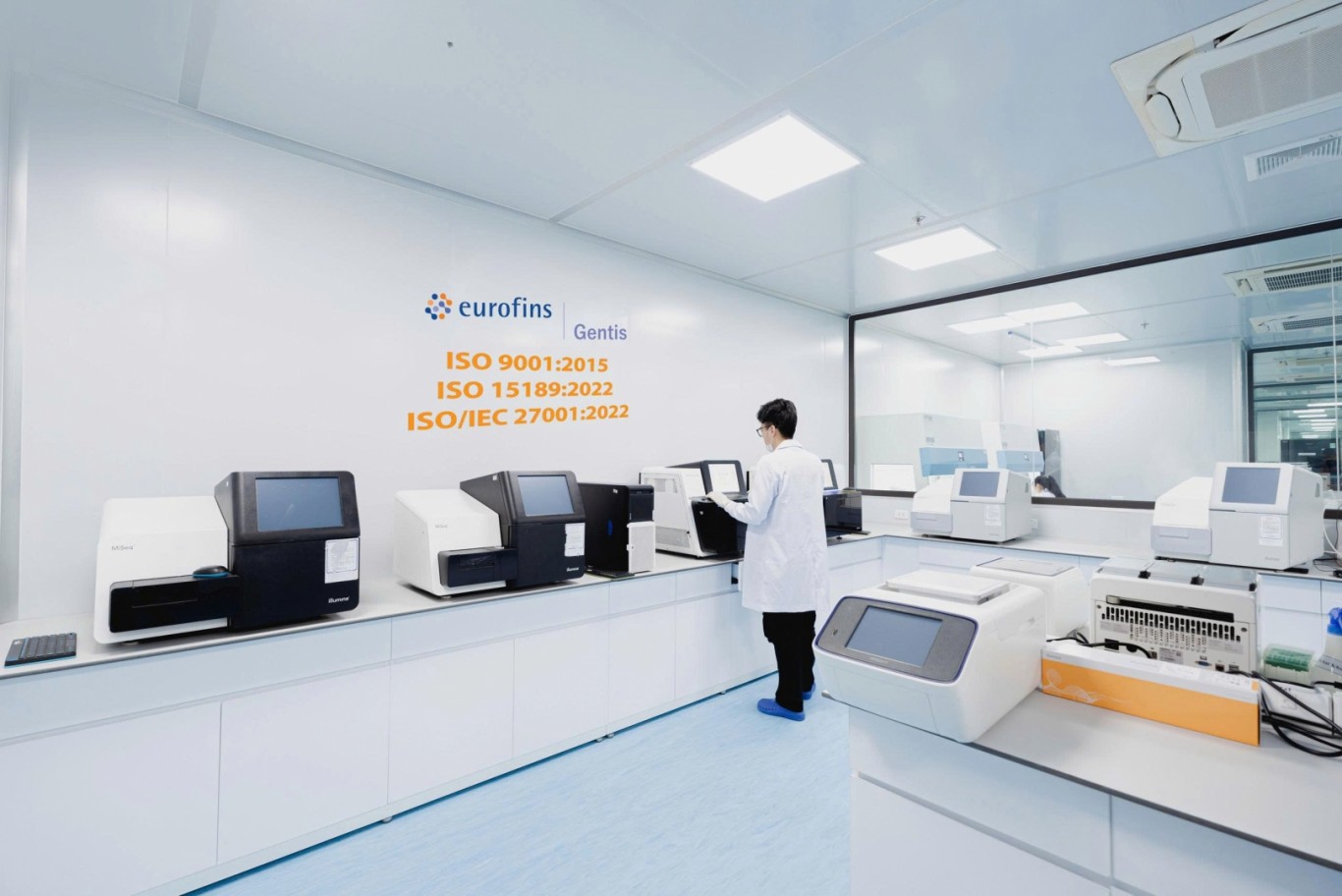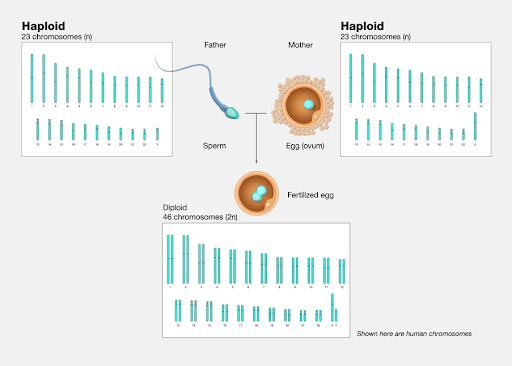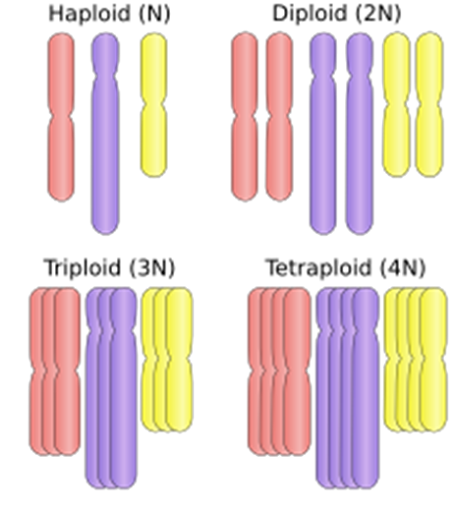
PGT NEXT
PGT NEXT - A POWERFUL SHIFT IN TECHNOLOGY
Today, with advancements in science and technology, people can access and reshape their reproductive choices. Preimplantation genetic testing is a method that helps couples identify genetic abnormalities before embryo transfer, allowing them to select the healthiest embryos, increasing pregnancy rates, and ensuring the birth of healthy children.

Humans are diploid organisms, and triploidy in human embryos is responsible for approximately 10% of spontaneous miscarriages.
Haploidy is the presence of a single set of chromosomes in the cells of an organism. Sexually reproducing organisms are diploid (having two sets of chromosomes, one from each parent). In humans, only egg and sperm cells are haploid.
Polyploidy is a condition in which an organism's cells contain more than two sets of homologous chromosomes.

PGT NEXT AT GENTIS
Currently, GENTIS has successfully researched and developed the PGT NEXT test, offering superior capabilities compared to previous generations of PGTest.
PGT NEXT enables the detection of aneuploidy across all 24 chromosomes and structural abnormalities (additions or deletions).
A key advantage of PGT NEXT over its predecessors is its ability to identify embryos with polyploidy or monoploidy abnormalities. This helps prevent the transfer of abnormal polyploid/monoploid embryos while also avoiding the unnecessary disposal of euploid embryos with fertilization abnormalities (0PN, 1PN, and 2.1/3PN).
Indications for Testing
- Advanced maternal age
- Repeated implantation failure
- Severe male factor infertility
- Couples with a history of recurrent miscarriage
- Family history of chromosomal abnormalities
- History of polyploid pregnancy or molar pregnancy
- Miscarriage after undergoing IVF with traditional PGT-A
- Increased number of transferred embryos from abnormally fertilized zygotes (0PN, 1PN, 2.1PN/3PN)
Testing Process
Step 1: Embryo biopsy
Step 2: Perform NGS “Low pass sequencing”
Step 3: Combining whole-genome sequencing (NGS - low-pass sequencing) with targeted SNP sequencing enables the detection of polyploid embryos.
Sample Type
- Day 5 embryo biopsy sample
Methodology
- DNA extraction from embryo cells
- Whole-genome amplification and library preparation
- Whole-genome sequencing combined with targeted sequencing of specific markers using Next-Generation Sequencing (NGS)
Turnaround Time
- 3–4 weeks
PGT Testing at GENTIS
Detecting genetic abnormalities in embryos:
PGT helps identify abnormalities in chromosome number (PGT-A) or specific gene mutations (PGT-M), thereby reducing the risk of transmitting genetic diseases to the next generation.
Increasing IVF success rate:
Selecting healthy embryos with normal genomes helps improve implantation rate, increase the chance of pregnancy and reduce the risk of miscarriage.
Supporting optimal embryo selection:
Ensuring that only embryos without genetic diseases or genetic abnormalities are transferred to the uterus, contributing to increasing the chance of having a healthy child.
Illumina's next-generation sequencing technology (NGS) with >99% accuracy on target markers and specialized bioinformatics software —> Technology standard for PGT testing, increasing the accuracy and sensitivity of the test.
Please fill in the information below to receive our supports and consultations!







